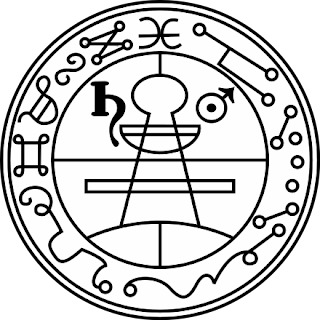Constitutional Revolution in Israel. U.S. and China Struggle for Influence over Taiwan and Access to the Taiwan Strait
Constitutional Revolution in Israel
by ben bussewitz
This previous week has unmasked two radical, bona fide, and imperative rulings by the Israeli Supreme Court to strike down the reasonableness law and to put on hold the implementation of the recusal law. The reasonableness law was passed last year by Knesset and thwarted the power of The Judiciary to declare as unconstitutional laws that were considered to not meet basic standards of reasonableness, in particular laws that would block the functioning of a democratic state in Israel or block the continuation of Israel being recognized as a Jewish state. The recusal law takes away the power of The Judiciary from declaring the prime minister to be incapacitated and unfit for duty whereas without this law in place, only the attorney general has the power to do so. Also, it deems the only grounds Knesset and the government can declare him unfit is due to medical reasons. These advancements create more checks and balances in terms of separation of powers in Israel, correcting the judicial overhaul which took away The Judiciary’s ability to call into question the Knesset and the government.
The Israeli people have been calling for a resolution to the judicial overhaul that took place in 2022 and for about the latter nine months of 2023, most of the tenure of the newly formed government under the zealous right-wing coalition Prime Minister Netanyahu put in place.
United States and China Struggle for Influence over Taiwan
In Taiwan, elections are ramping up, this Saturday being the day the ballots are placed. The relationship between the major superpower, the United States of America and the lesser superpower, The People’s Republic of China, is in a major tension over the issue of the two countries vying for influence over the semi-autonomous island-nation. China’s President Xi Jinping sees as his national priority the resurgence and reinvigoration of China which entails for him the reunification of China as it was under the last imperial dynasty, the Qing dynasty, which collapsed in 1911. This involves annexing Taiwan. The United States views Taiwan as a geopolitical stronghold that provides access to ports to defend allies in the region and enables trade access in the South China Sea and the Taiwan Strait. The elections are critical to the countries future as an independent, democratic nation, free of subjugation from Chinese authority, and where the country is headed in its relationships with both China and the United States.
Taiwan has fashioned itself as a semi-autonomous democratic state. In order to maintain its democratic bearings, it is important the people of Taiwan allow for cultural and social American influence in their nation, as the American Constitution lays some of the foundations for modern day human rights and democracy, and America lies on the cutting-edge frontier in its project for a national democratic regime ruled by the people and for the people, a hope that both the Taiwan and the United States polities share in common.

Comments
Post a Comment